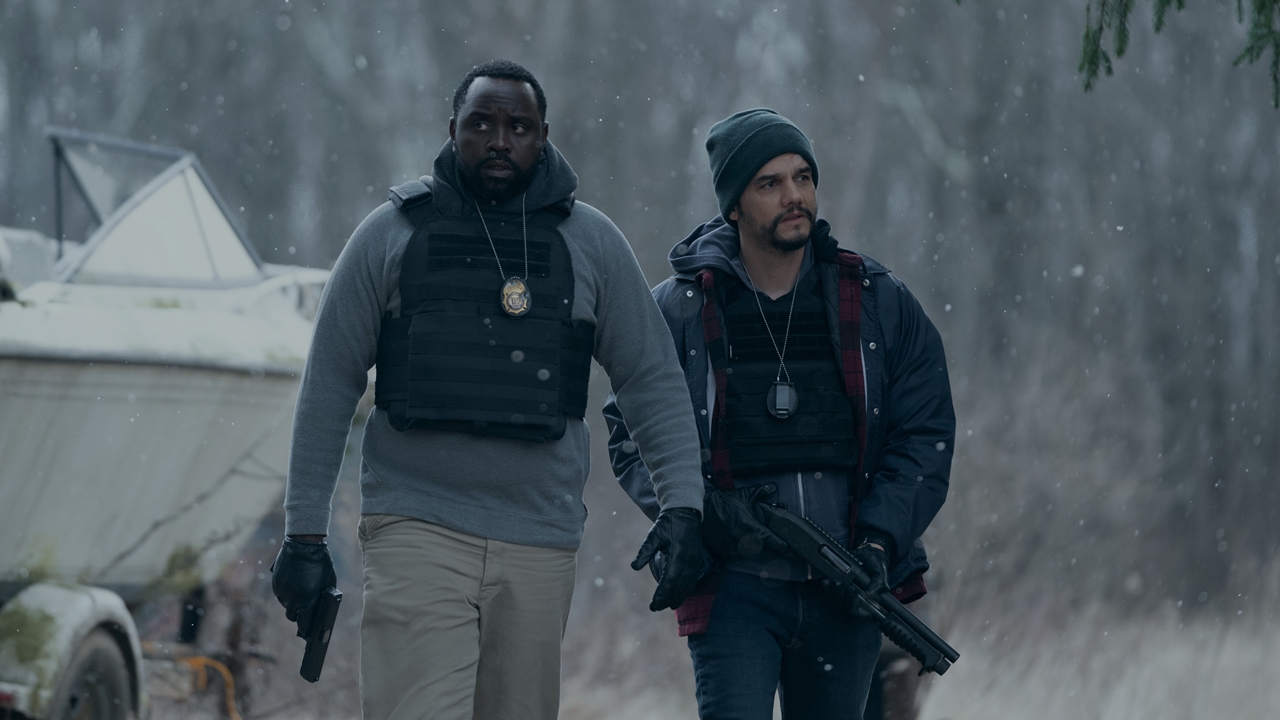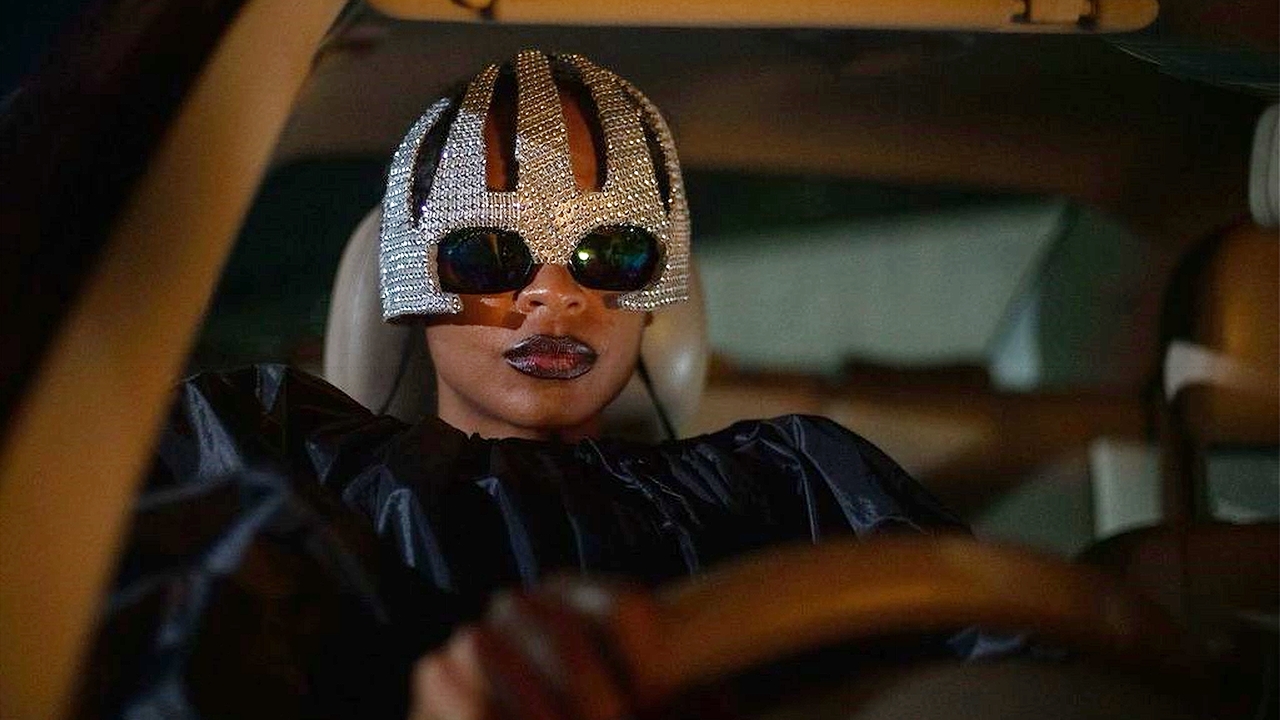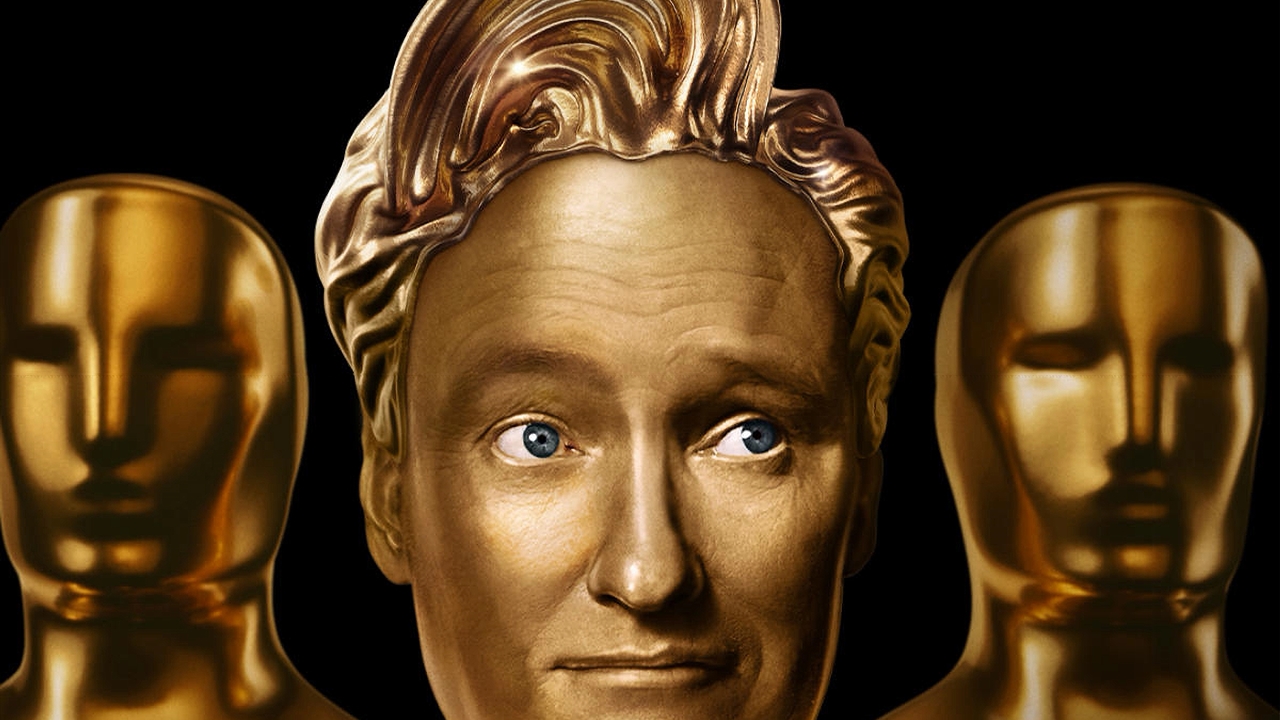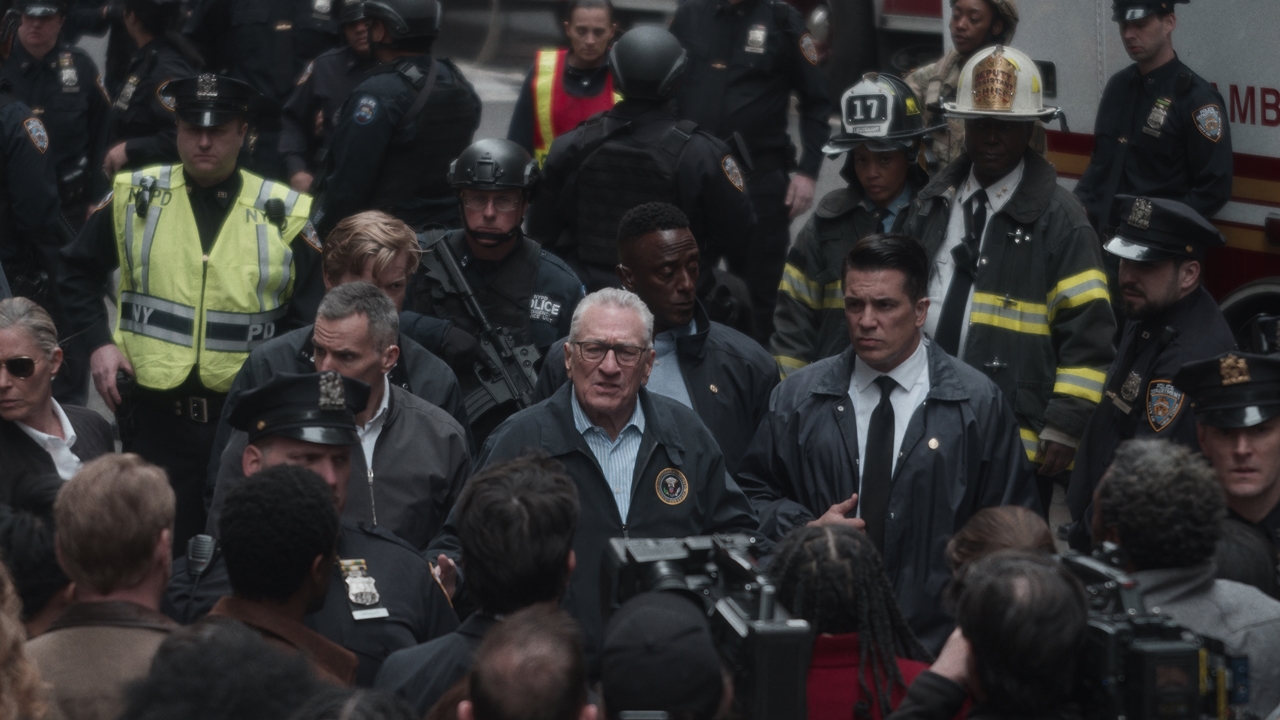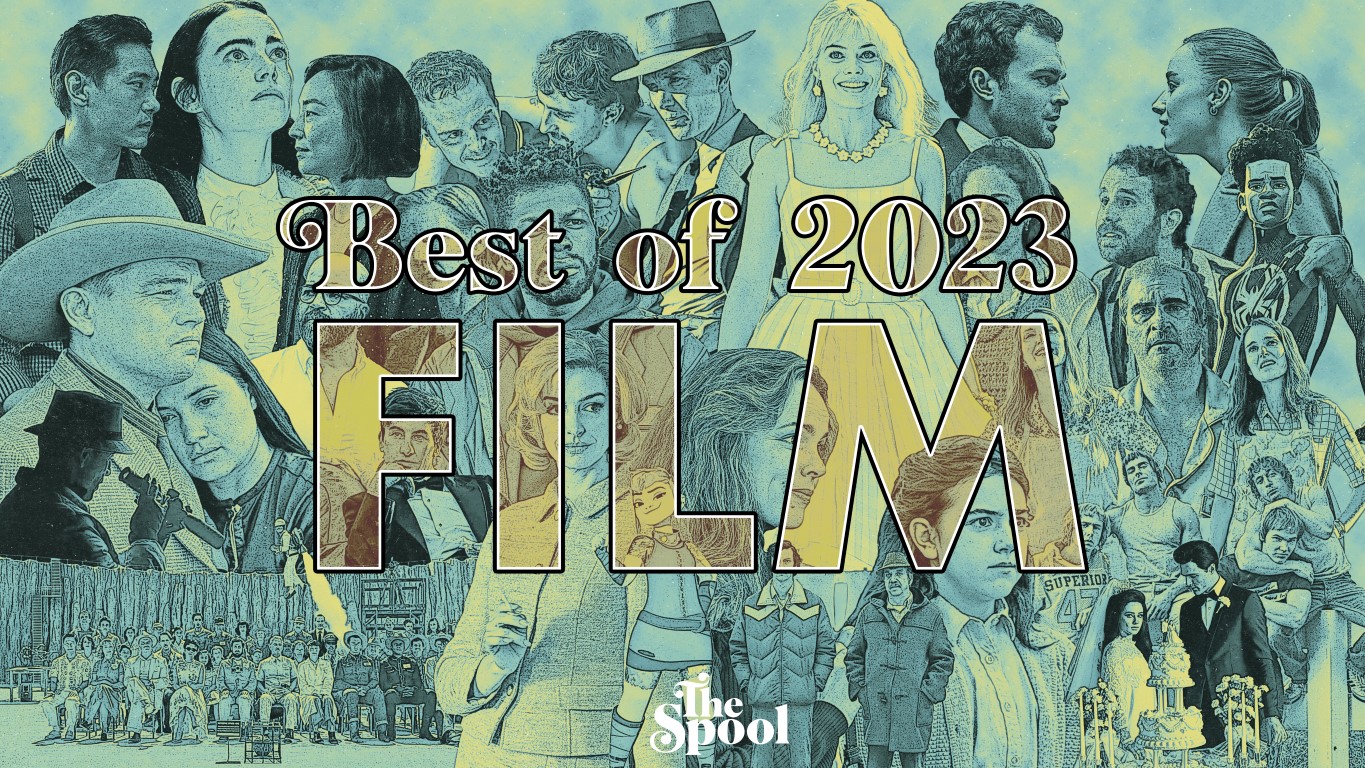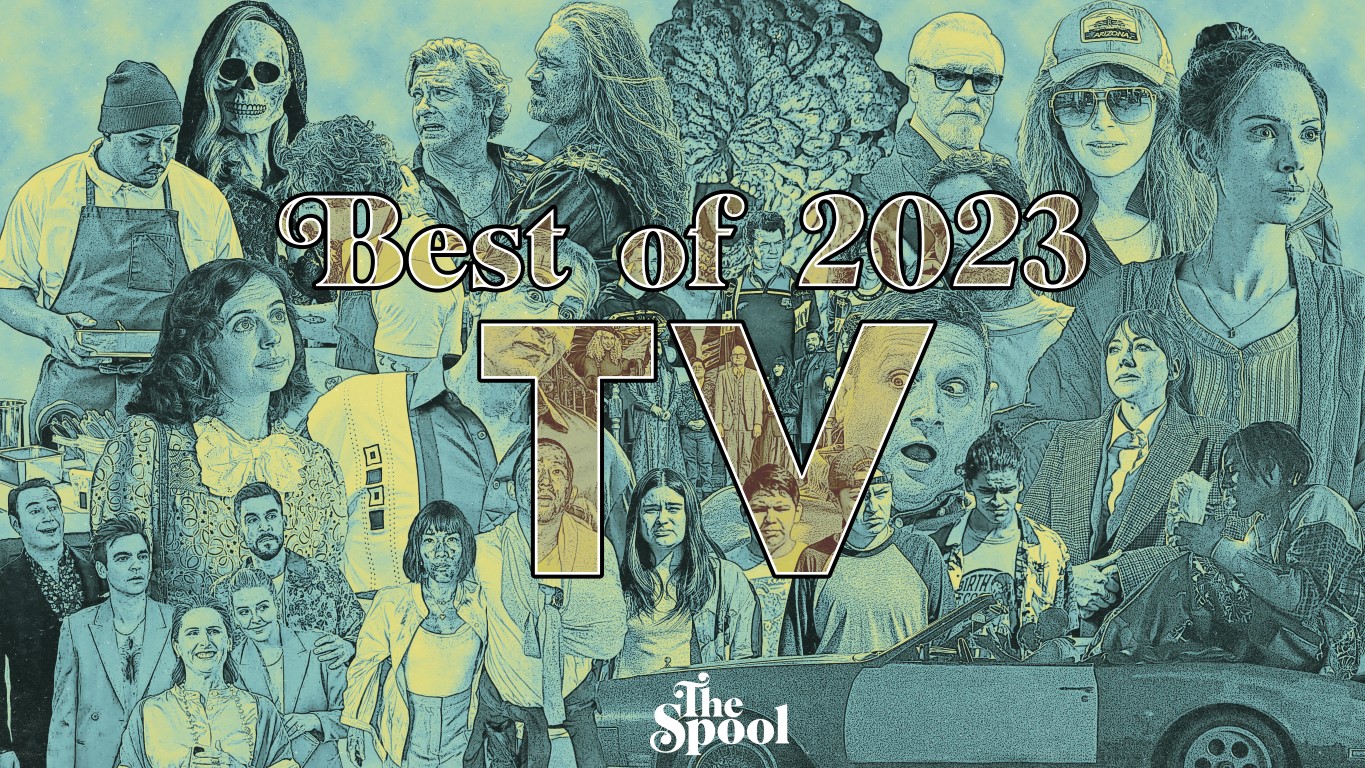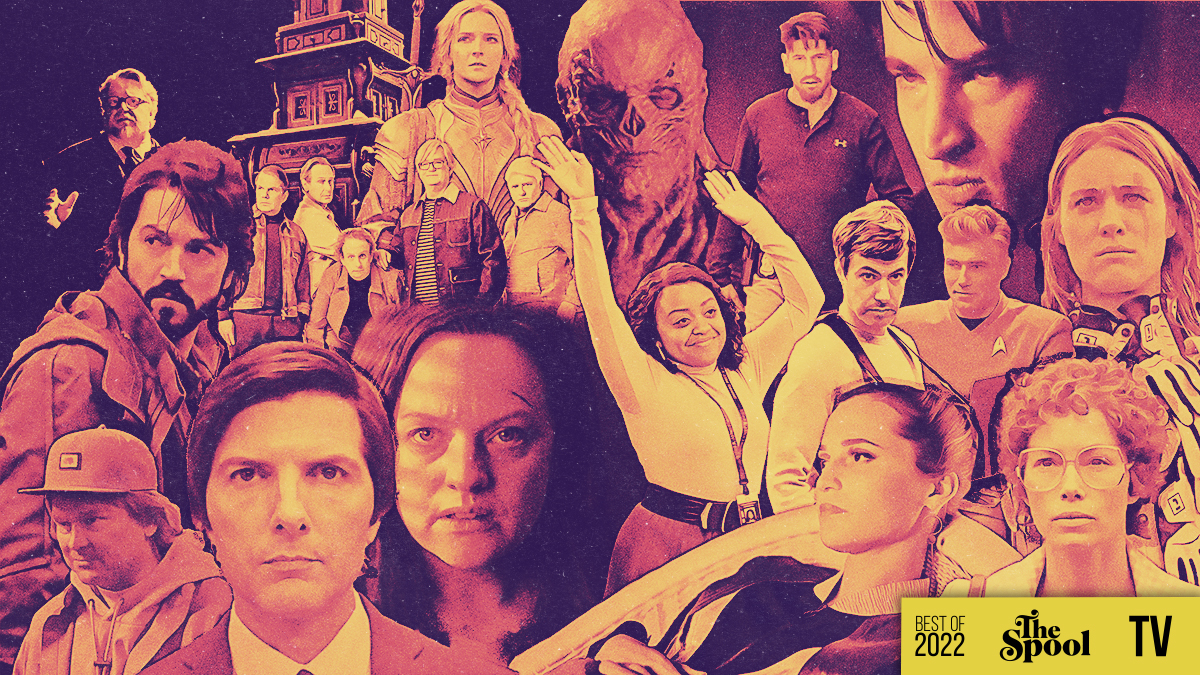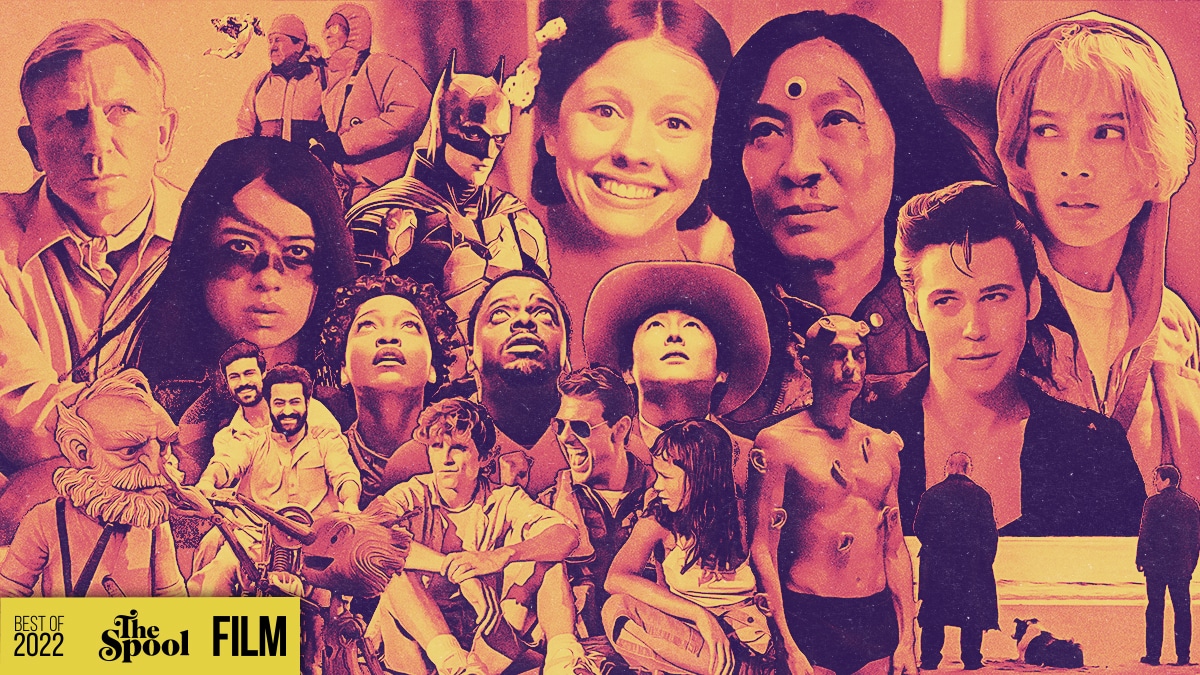The 25 Best TV Shows of 2022
The ongoing refrain of every TV critic, especially come end-of-year time: There’s too much TV. This year is no exception, with networks and streaming services alike competing for our attention with one big-budget, well-crafted set of eight-to-ten-hour stories after another. It’s the kind of model that doesn’t seem built to last, and 2022 might see ... The 25 Best TV Shows of 2022
How to Watch Grosse Pointe Garden Society on NBC Without Cable
You would think that a gardening club would be relaxing, but for the Grosse Pointe Garden Society, it’s the best way to dig up some drama, secrets, and maybe, even a body. Created by Jenna Bans and Bill Krebs, the new NBC dramedy has a lot in store for viewers with its star-studded cast in ... How to Watch Grosse Pointe Garden Society on NBC Without Cable
How To Watch ESPN2 Without Cable in 2025
For some, potentially losing sports coverage is the only thing stopping them from cutting the cord. But the fact is, almost all live TV streaming services carry sports channels—ESPN2, in particular, is not that difficult to come by. As ESPN’s secondary channel, it airs major league events from the NBA, NHL, and MLB alongside college ... How To Watch ESPN2 Without Cable in 2025
How to Watch Suits: L.A. Without Cable
After getting a nostalgic viral moment in 2023, Suits finally got the chance to expand the franchise, and this time, they’re expanding to the West Coast. While the office holds completely new associates, Suits L.A. promises to give the same witty, rapid-fire dialogue that made the lawyers so entertaining to watch. And of course, with ... How to Watch Suits: L.A. Without Cable
How to Watch Bravo Live Without Cable in 2025
Home to Vanderpump Rules, Below Deck, Project Runway, Top Chef, and The Real Housewives of every city conceivable, Bravo is the go-to channel for guilty-pleasure, no-holds-barred, drama-filled reality TV. You want something educational? Go put on a different channel. You want something purely entertaining? Then it doesn’t get any better than middle-aged glamazons hurling carefully ... How to Watch Bravo Live Without Cable in 2025
How to Stream the 2025 Oscars on ABC Without Cable
The 2025 Oscar nominations have been controversial, to say the least, but that could mean one thing: one hell of a show. And for the first time in years, the Oscars will welcome back a host as Conan O’Brien gets on stage. Can the seasoned comedian salvage whatever chaos inevitably comes this awards show’s way, ... How to Stream the 2025 Oscars on ABC Without Cable
How to Watch Next Level Chef Season 4 Without Cable
Continuing his reign on the culinary side of FOX, Gordon Ramsey returns with another season of Next Level Chef. This show challenges chef contestants to compete from different levels of cooking in different levels of kitchens in order to determine who creates the best dishes across all levels. Where to watch Next Level Chef Season ... How to Watch Next Level Chef Season 4 Without Cable
The Best Live TV Streaming Services With Free Trial
The praises of live TV streaming services don’t need to be further sung. By now, we all know that compared to clunky, commitment-heavy cable, live TV is cheaper and much easier to manage. But just in case you’re still on the fence about jumping over to the other side, or if you’re just unhappy with ... The Best Live TV Streaming Services With Free Trial


